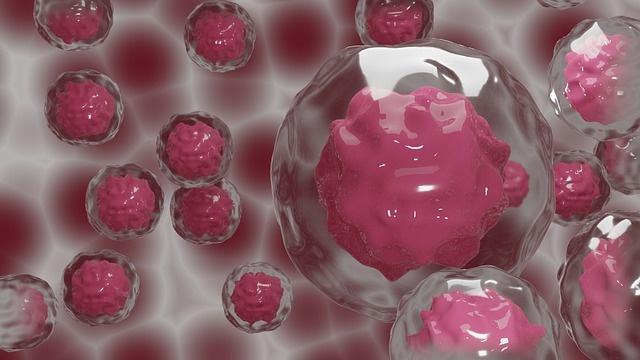Over the years, there has been a great deal of interest in the benefits of the entourage effect. This is where all of the molecular components of the cannabis plant, including cannabinoids, terpenes, and other phytonutrients, work in unison to support, and potentially boost, the medicinal properties of each other.
A study published at the end of 2020 compared full-spectrum cannabidiol (CBD) oils to CBD isolates to evaluate their effects on cancer cells, essentially putting the entourage effect to the test.[1] The study focused on six cancer cell lines from three human cancers: colorectal cancer, melanoma, and glioblastoma. Using cell cultures, the six cancer lines were treated with commercial CBD oils or CBD isolate. The cell cultures were then monitored for 48 hours before measuring the viability of the cancer cells.
All three of the CBD oils used in this study were evaluated via third-party lab testing to confirm their contents and purity. A second round of confirmatory tests revealed very few inconsistencies: “each oil was within 8% of their reported CBD concentration upon independent testing.”[1] The oils also underwent analysis of terpenes, chlorophyll, and carotenoid content.
The study found that CBD isolate was most effective at reducing cell viability in three of the six lines tested compared to full-spectrum CBD. The authors therefore concluded that the entourage effect did not appear to potentiate the effects of CBD on cell viability in the cancer lines tested. One note of concern was that some of the oils seemed to protect the cancer cells from the CBD.
It’s important to note the vast array of CBD formulations and full-spectrum products available. With higher levels of different cannabinoids or different terpene blends (their oils contained alpha- and beta-farnesene, trans caryophyllene, alpha-humulene, and alpha-bisbolol), they could have found very different results.
So this study not mean the entourage effect isn’t real but does suggest the entourage effect to be absent in the application of CBD oils for reducing cancer cell viability in tissue culture, under the specific conditions studied here. These findings indicate a need for more specific research into not only the entourage effect but also the use of certain oils as carriers for cannabinoids like CBD.
Image Credit: Doodlart
Image Source: https://pixabay.com/illustrations/stem-cells-embryonic-dna-3d-5004507/
Reference
- Raup-Konsavage WM, et al. Cannabidiol (CBD) oil does not display an entourage effect in reducing cancer cell viability in vitro. Medical Cannabis and Cannabinoids. 2020;3:95-102.










